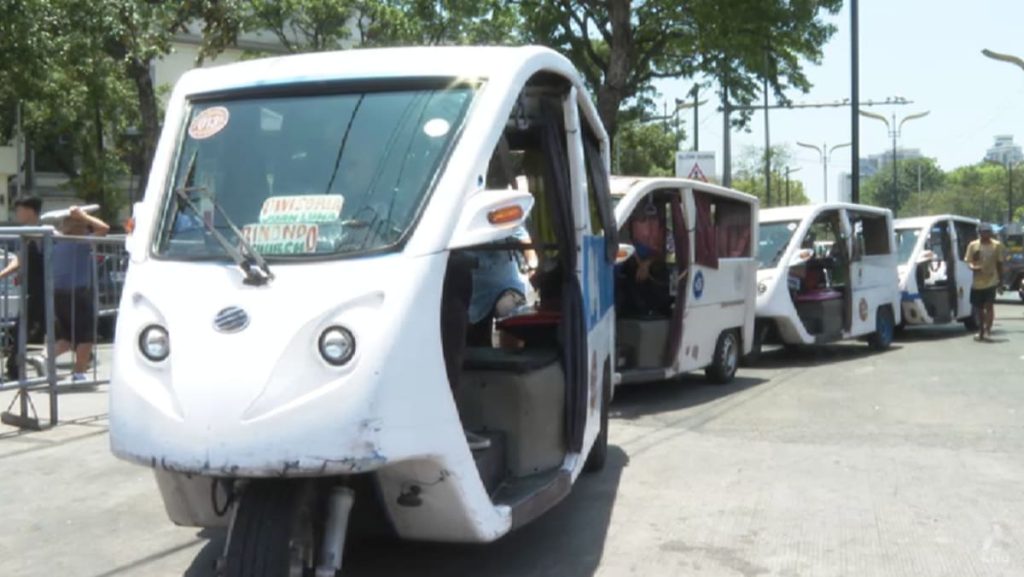These groups argued that the ban on such vehicles would disproportionately affect low-income individuals who rely on tricycles and pedicabs as their primary mode of transportation. They also pointed out that the ban would result in job losses for thousands of drivers who depend on these vehicles for their livelihood. In response to these concerns, the authority has decided to review the ban and consider alternative solutions that would address the issue without causing undue harm to the drivers and passengers who rely on these vehicles.
One possible solution that has been suggested is the implementation of stricter regulations for tricycle and pedicab operators to ensure that they comply with safety standards and traffic rules. This would allow the authority to address the concerns about the safety of these vehicles without resorting to an outright ban. Additionally, the authority could also explore options for providing financial assistance to drivers who may be impacted by the ban, such as offering them training programs to transition to other forms of employment or providing them with financial support to help them make ends meet.
Another solution that has been proposed is the introduction of alternative modes of transportation for low-income individuals, such as expanding the availability of public transportation options or introducing more affordable alternatives like e-bikes or shared bikes. By offering more affordable and accessible transportation options, the authority could help mitigate the impact of the ban on tricycles and pedicabs while still addressing the concerns about safety and traffic congestion. This approach would not only benefit low-income individuals who rely on these vehicles but also improve overall transportation services for the community.
In reconsidering the ban on tricycles and pedicabs, the authority must carefully weigh the benefits and drawbacks of such a policy and consider the potential impact on drivers and passengers. By engaging with transport groups and other stakeholders, the authority can gather valuable insights and feedback that can help inform their decision-making process. Additionally, the authority should take into account the broader social and economic implications of the ban and work towards finding a balanced solution that addresses the concerns about safety and congestion while minimizing the negative impact on drivers and passengers.
Overall, the authority’s decision to review the ban on tricycles and pedicabs is a positive step towards finding a more balanced and equitable solution to the issues at hand. By considering alternative options and engaging with stakeholders, the authority can work towards a policy that addresses concerns about safety and congestion while also taking into account the needs of low-income individuals who rely on these vehicles for their daily transportation needs. With careful deliberation and collaboration, the authority can ensure that any changes made to the policy are fair and sustainable in the long run.


